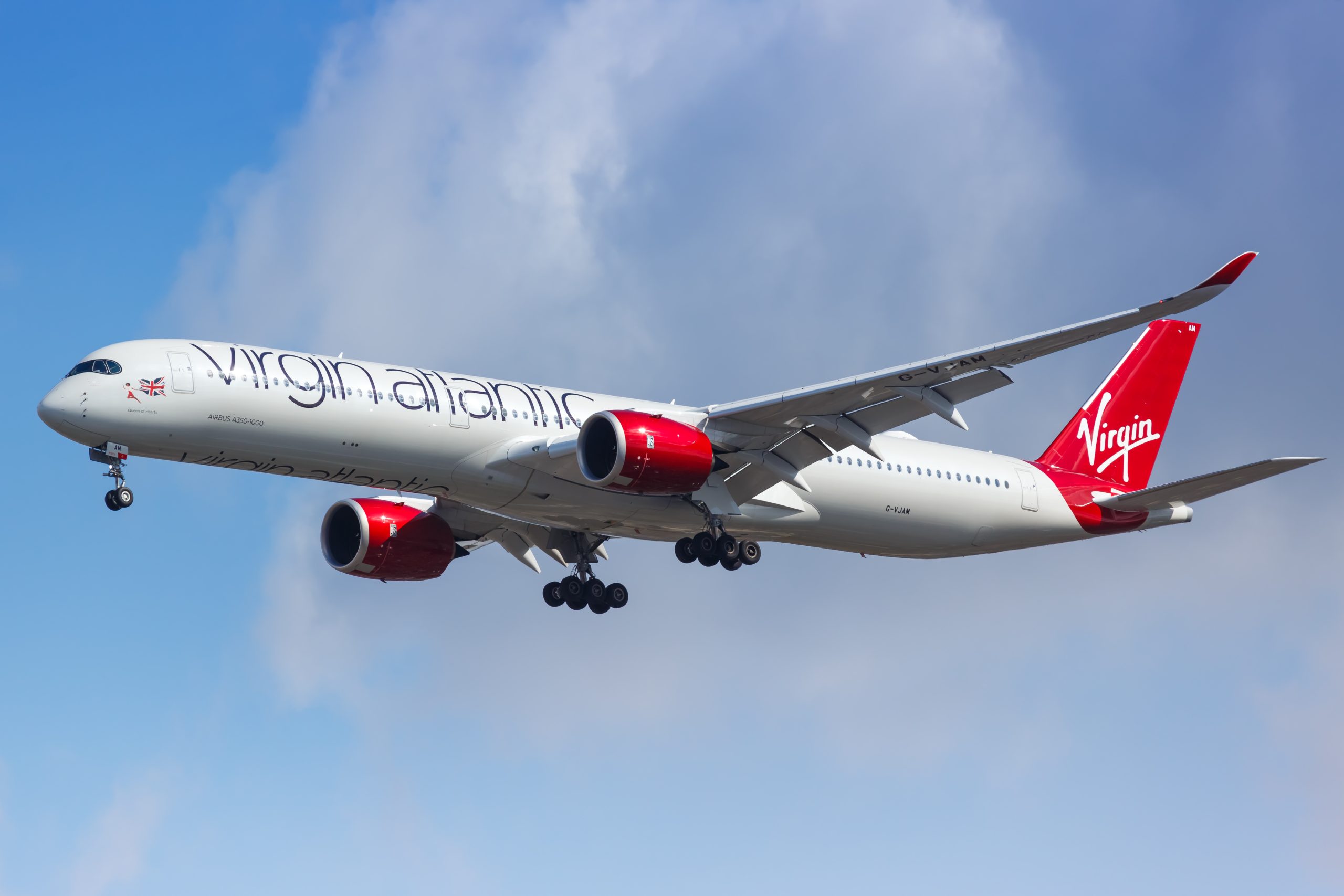While the initial allure of Virgin Atlantic rewards seems promising, it’s essential to delve deeper. Economy flights start from 5,000 points one way, while Upper Class (business class) flights commence at 23,750 points one way for transatlantic journeys. However, the reality is that excessive taxes, fees, and carrier-imposed surcharges often accompany these discounted fares, making the overall expense less appealing. Despite this caveat, there are circumstances where this offer warrants serious consideration and likely acceptance. Continue reading to understand why we believe this is an opportunity to take advantage of.
The Numbers
Similar to many other airlines, Virgin Atlantic imposes taxes, fees, and surcharges on “free” reward tickets. This is primarily because these expenses typically stem from government-imposed taxes, airport fees, and fuel surcharges. These additional charges are distinct from the base cost of the ticket. And they apply regardless of whether the ticket is purchased using cash or redeemed with points or miles.
The amount of taxes and fees levied for using Virgin Atlantic rewards can vary depending on several factors. Those include the route, class of service, and specific taxes and fees mandated by the countries or airports involved in the travel itinerary.
For instance, consider an Upper Class (equivalent to business class) ticket from Seattle (SEA) to London Heathrow (LHR), priced at 33,750 points one way, but accompanied by a hefty $997.80 in fees. Similarly, a journey from New York’s JFK Airport to LHR, costing 23,750 points, also incurs $997.80 in fees.
Despite the substantial fees associated with this offer, there’s a compelling reason to consider this Virgin Atlantic Rewards offer. Let’s break it down: Assuming each point is valued at 1.5 cents, the 33,750 points equate to approximately $506 in value. Coupled with the nearly $1,000 in fees, this totals about $1,350 for an Upper Class ticket—a significant discount compared to the ticket’s retail value, ranging from $2,000 to $2,700 for the JFK to LHR route, for example. Given these calculations, this deal becomes more enticing despite the notable fees.
Why Does Virgin Atlantic Rewards Charge Fees
Here are some reasons why Virgin Atlantic and other airlines charge these additional fees on reward tickets:
1. Government Taxes and Fees: Airlines are required to collect various government taxes and fees, such as airport departure taxes, security fees, and immigration charges. These fees are imposed by governmental authorities and are passed on to passengers, regardless of how the ticket is purchased.
2. Airport Fees and Surcharges: Airports often levy fees for the use of their facilities, including landing fees, passenger service charges, and facility fees. These fees contribute to the overall cost of operating flights and are typically included in the taxes and fees charged on reward tickets.
3. Some airlines, although becoming less common in recent years, used to impose fuel surcharges to offset the cost of fluctuating fuel prices. While the cost of fuel is now often included in the base fare, some airlines may still impose separate fuel surcharges. This is especially true on international routes.
4. Operational Costs: Airlines such as Virgin Atlantic incur various operational costs associated with providing rewards services to passengers, including crew salaries, aircraft maintenance, and overhead expenses. While these costs are typically covered by the base fare, some fees may be added to reward tickets to help offset these expenses.
5. Revenue Generation: Airlines may also view reward tickets as an opportunity to generate additional revenue by charging fees and surcharges. While the ticket itself may be “free” in terms of points or miles, the associated taxes and fees represent a source of revenue for the airline.
Overall, while the additional fees on reward tickets can make them less “free” than they initially appear, they still often represent a significant value compared to purchasing tickets outright with cash. It’s essential for travelers to be aware of these fees when redeeming points or miles for reward tickets and to factor them into their decision-making process.
Is it Worth Flying Virgin Atlantic on Points
Using the Virgin Atlantic rewards program by using points to fly from the USA to London can be a worthwhile endeavor. This of course is contingent upon your individual priorities, preferences, and the importance you assign to various factors such as comfort, convenience, and overall travel experience.
In essence, opting for Virgin Atlantic with points from the USA to London proves advantageous if you value comfort, appreciate the amenities offered in premium cabins, and can secure award availability aligning with your travel plans. It’s crucial to assess the point cost against the benefits provided and explore alternative redemption avenues before reaching a decision.
Careful scrutiny of the taxes and fees linked to redeeming reward tickets is paramount to avoid unexpected expenses beyond the points required for the ticket. Certain airlines, including Virgin Atlantic, may offer methods to mitigate taxes and fees through specific routing or redemption options, underscoring the importance of exploring diverse alternatives if cost is a concern.
While reward tickets present an attractive opportunity to utilize points or miles instead of cash, it’s imperative to factor in any additional taxes and fees to ascertain the redemption’s overall value. Prior to booking reward tickets with Virgin Atlantic or any other airline, it’s advisable to ascertain the precise taxes and fees pertinent to your desired itinerary.
One last thought. It’s worth noting that Virgin Atlantic frequently rolls out promotional campaigns. Past instances include a 20% discount during winter. There was also a 50% rebate last fall (requiring upfront point payment but resulting in reduced travel costs). And a 30% discount offered in February, followed by another 30% reduction in June. Lastly, there was a 25% discount in September, and a 33% discount in November. Therefore, before committing, it’s prudent to weigh current offers against past and potential future promotions.
